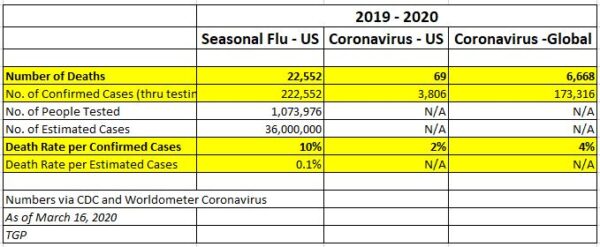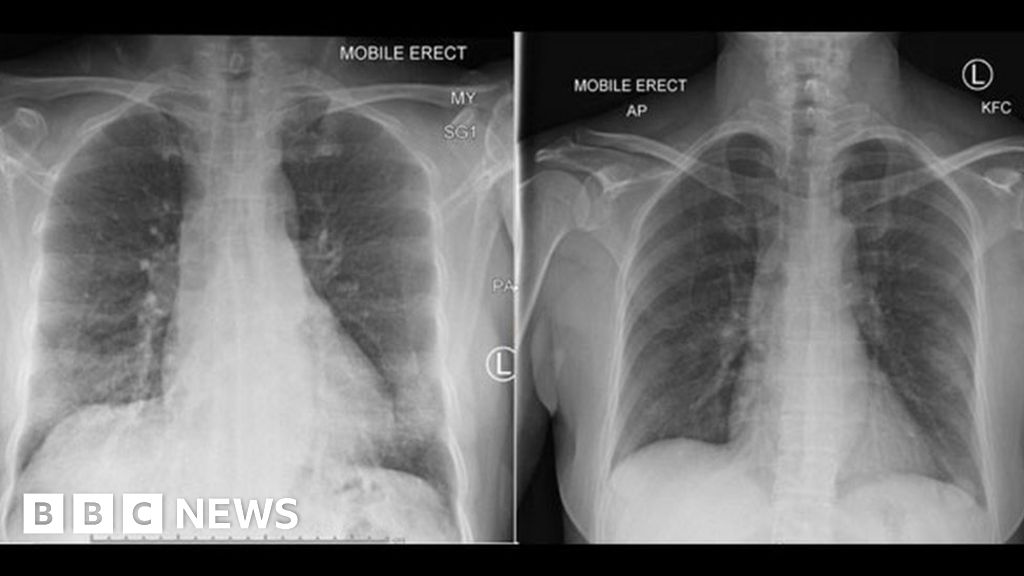Michael B-C
The Living Force
Also the people themselves have to be commercially viable - be able participate in the economy but not get rich enough that they can enter the game because that is just more competition, unless they can be enticed to agree to the rules of the game.
So under the new king pin of the game, for whatever reason they want to have the facility to shut the country down for every flu season but what would that achieve?
It's a more profitable business model to have warehouses that deliver - like amazon, than it is to have multiple outlets that people visit to make their purchases. So sending people into lockdown means that they are more likely to order what they need online and have it delivered. Not only that, but the person you contact, if there has been an issue with your purchase, can be anywhere in the world. So lockdown, from this respect, is a chance to change behaviours and to get people comfortable ordering and paying for goods and services online.
If grocery chains are taken as an example, you can kind of see how they've been moving to a warehouse model incrementally. They've introduced both online home deliveries and self serve checkouts. Now with the pandemic, they've also introduced the idea that going to a grocery outlet can be dangerous when you're fighting over or competing for stock on the shelf, and that you can expect to wait in queues for longer than normal or that you can't fill your shopping list anyway because the stock isn't there. Then of course there's the family owned corner grocer who will be sent bankrupt - or taken out of the equation as a competitor for the above.
Worth noting Jones that Amazon, along with UPS and others have been investing massively of late in Drone Delivery services - with food and medicines being the chief target of their investment. Now I wonder why they have been focusing on these two items in particular.... add this to the list of 'coincidences' ahead of time.
UPS Flight Forward™ Drone Delivery
Why Amazon, UPS and even Domino's is investing in drone delivery services
Business Insider Intelligence
Feb 12, 2020, 7:54 PM
- This is a preview of Drones for the Enterprise research report from Business Insider Intelligence.
- Purchase this report.
- Business Insider Intelligence offers even more technology coverage with Connectivity & Tech Pro. Subscribe today to receive industry-changing connectivity news and analysis to your inbox.
Drone adoption is growing rapidly among both consumers and companies, and the retail industry is leading the way in that adoption. Drones could serve different purposes for retailers, but drone delivery (which is exactly what it sounds like: products delivered by drone) is the most well-known and readily apparent.
This undated image provided by Amazon.com shows the so-called Prime Air unmanned aircraft project that Amazon is working on in its research and development labs. AP/Amazon
Drone delivery services show enough potential that Amazon, Alphabet, and other tech giants are hailing it as the future of e-commerce fulfillment. Many major retail and logistics companies around the world are testing drone delivery services and drone delivery systems to solve the problem of "last mile" deliveries.
And some companies have already taken the first step...
First Drone Delivery - A Domino's Pizza
Drone delivery pizza became a reality in November 2016 when Domino's, with its drone delivery partner Flirtey, dropped off an order at a customer's door at 11:19 a.m. in Whangaparaoa, New Zealand, 25 km north of Auckland. (If you're curious, the first pizza drone delivery was an order of a Peri-Peri Chicken Pizza and a Chicken and Cranberry Pizza.)
A team of drone experts and a pilot autonomously controlled Flirtey's DRU Drone through GPS navigation to drop off the pizzas.
Amazon Drone Delivery
Pizza drone delivery is one thing, but when the largest e-commerce company in the world starts toying with the idea of using unmanned aerial vehicles (UAVs) to fulfill orders, that's another story entirely.
Amazon plans to deliver customers' orders within 30 minutes through its Prime Air delivery program.
At Amazon's 2019 re:MARS conference, the e-commerce giant stated that it plans to launch its drone delivery service, Prime Air, "in a matter of months." Amazon plans to deliver customers' orders within 30 minutes through its Prime Air delivery program, which would blow away its two-day Prime shipping and two-hour Prime Now deliveries.
The Prime Air delivery program uses autonomous drones guided by GPS systems. With last mile delivery being the most expensive and time consuming part of the shipping process, drone delivery has the potential to give Amazon a leg up on other logistics companies.
Alphabet Drone Delivery
Google-parent Alphabet's Wing is a drone delivery service in partnership with FedEx and Walgreens. It delivers select FedEx packages as well as health and wellness products, like over-the-counter medicines, from Walgreens.
Alphabet's Wing delivers packages right to customers' doorsteps. Alphabet
Wing's drones deliver packages that weigh between two to three pounds right to customers' doorsteps. While taking advantage of Wing's ability to improve speed and cut costs, Alphabet also boasts fuel efficiency as the drones are driven by an all-electric power system.
UPS Drone Delivery
The FAA approved UPS Flight Forward to become the first-ever drone service operating as a commercial airline. Tom Lopez/UPS
In 2019 the Federal Aviation Administration (FAA) approved UPS Flight Forward to become the first-ever drone service operating as a commercial airline. Business Insider Intelligence reported that although the drone service can only operate in suburban and rural regions, it has complete autonomy on size and scope of its drone operations.
UPS later teamed up with CVS Pharmacy – indicating that the company is looking to focus its initial drone efforts on medical product delivery,
Walmart Drone Delivery
Walmart is perfectly positioned to dominate the commercial drone industry thanks to its giant network of stores. BI Intelligence
In 2019 Walmart was on pace to file more drone patents than Amazon for the second year in a row. With drones having a fairly small range of about 15 miles, Walmart is perfectly positioned to dominate the commercial drone industry thanks to its giant network of stores in the US.
Delivery Drones Pros & Cons
Delivery drones have both pros and cons, even though the benefits might be more readily apparent off the bat.
Pros
- As discussed above with Amazon, companies would save money on shipping costs, which would in turn reduce costs for consumers.
- Consumers would receive their packages far more quickly and reliably, which would build consumer trust and encourage repeat purchasing.
- Shareholders of companies who employ drone delivery to cut costs would likely see some of those savings trickle down to them.
- Delivery people would lose their jobs to automation, and those who don't would be severely limited in their career prospects within their companies.
- Consumers could raise privacy concerns, as drones would likely use GPS and cameras to find homes and deliver packages.
So is drone delivery set for lift off? In short, yes. The drone delivery market has its eyes set on slashing issues associated with last-mile delivery, and the healthcare industry is best positioned to bear the early fruit of drone delivery services.
For starters, small package sizes of prescription and medical deliveries are ideal for drone delivery services, as drone operators are limited by the FAA to carrying cargo that weighs under 55 pounds.
And tech companies like Amazon and Alphabet should start making an effort to partner with major retailers – otherwise the likes of Walmart may move ahead of them in the race to achieving dominance in the commercial drone market.
More to Learn
The potential for drone delivery is vast, and the drone mega-trend is here to stay and evolve. That is why Business Insider Intelligence has spent months compiling a detailed collection on drone technology called Drones for the Enterprise Report.







